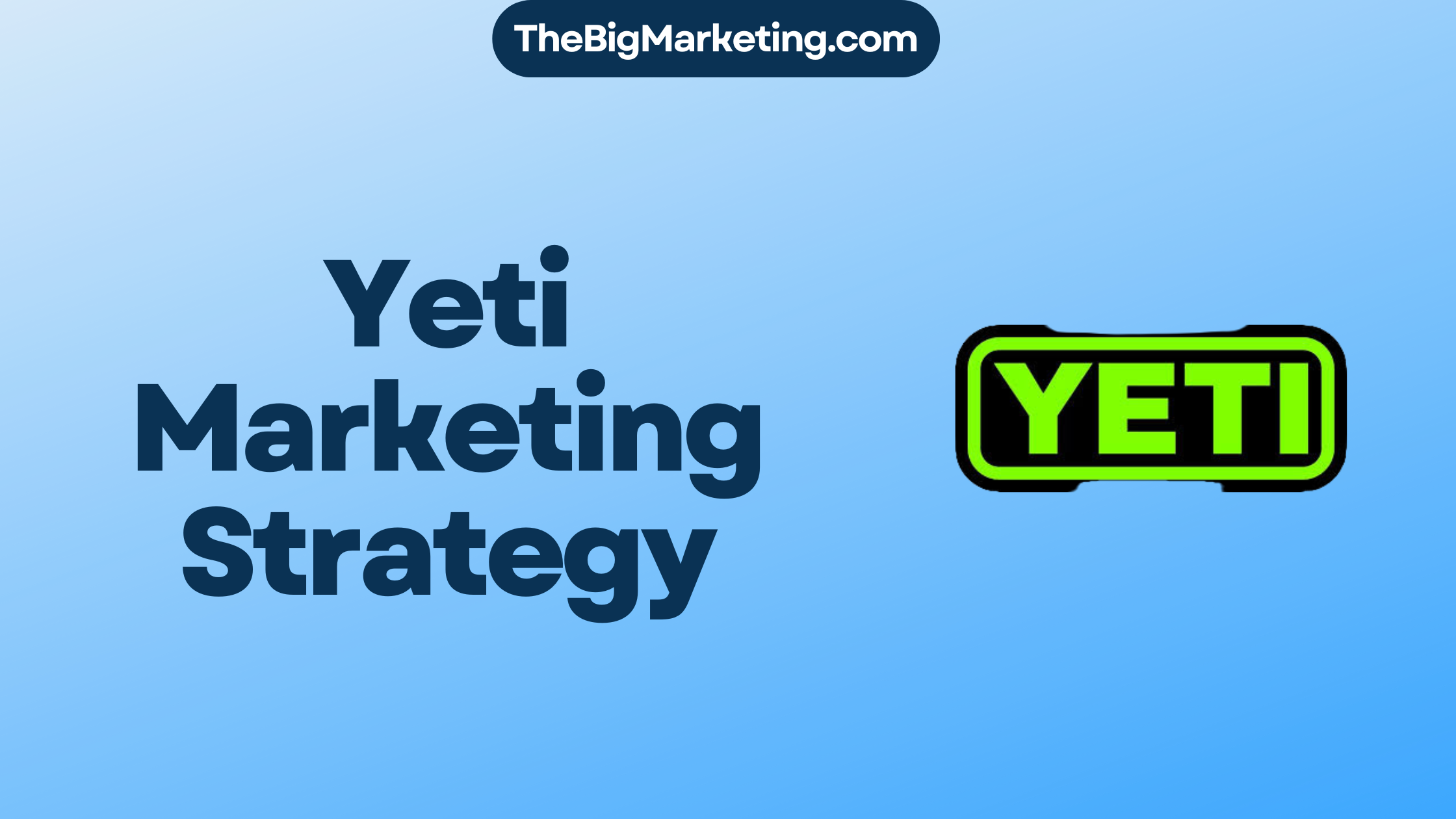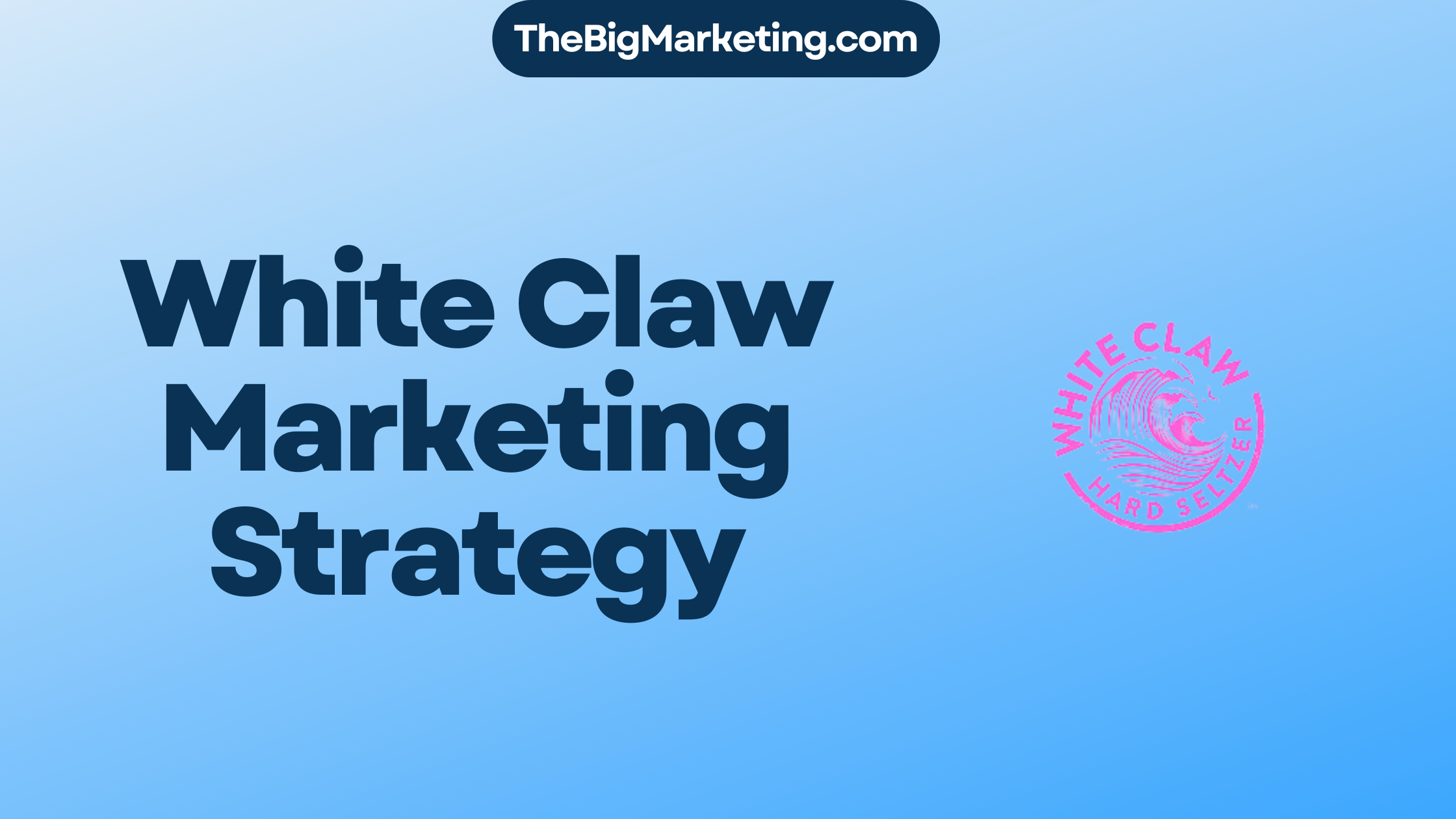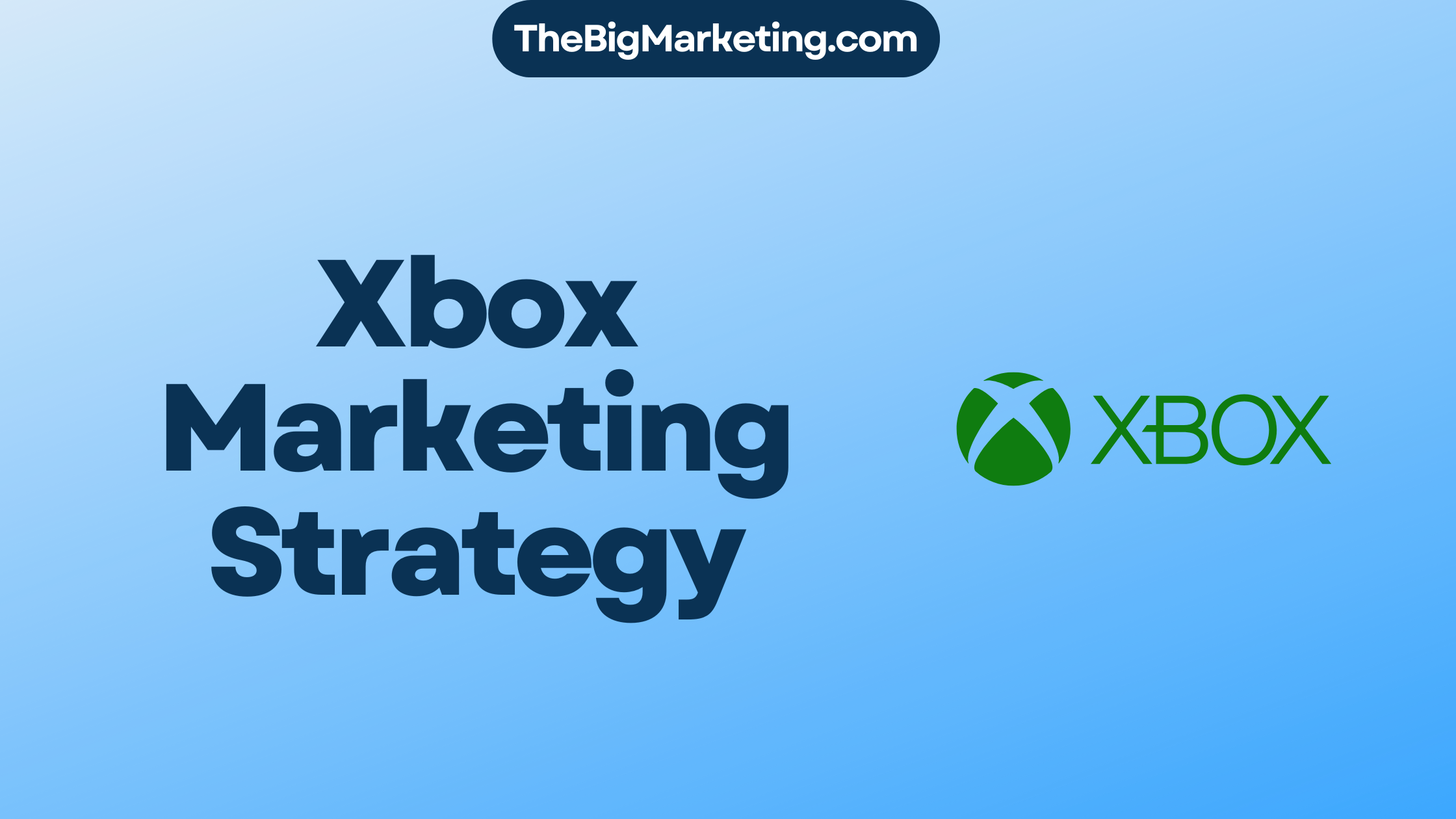PepsiCo, one of the leading players in the food and beverage industry, has consistently showcased its prowess in marketing with innovative and strategic approaches. In this case study, we delve into PepsiCo’s marketing strategy, exploring the key components and tactics that have contributed to its success.
PepsiCo’s marketing strategy is centered around understanding and catering to its diverse consumer base, ensuring that its products and marketing initiatives resonate with individuals from different backgrounds and regions. By prioritizing customer-centricity, PepsiCo has been able to establish itself as a trusted and beloved brand.
- PepsiCo’s marketing strategy emphasizes innovation and customer-centricity.
- The company conducts extensive market research to identify emerging trends and preferences.
- PepsiCo utilizes digital marketing and social media engagement to connect with its audience.
- Expert opinions and case studies highlight PepsiCo’s success in adapting to evolving consumer preferences.
- PepsiCo’s marketing tactics can serve as a blueprint for businesses seeking to drive sales and engage with their target market.
PepsiCo Marketing Strategy: An Overview
PepsiCo, a global leader in the food and beverage industry, adopts a marketing strategy characterized by innovation, customer-centricity, and a truly global reach. The company consistently strives to understand the diverse needs of its consumers worldwide and tailors its products and marketing initiatives accordingly.
Key aspects of PepsiCo’s marketing approach include:
- Innovation: PepsiCo focuses on developing new and exciting products that resonate with consumers. The company continuously explores innovative flavors, formats, and packaging to captivate its target audience.
- Customer-Centricity: PepsiCo places great emphasis on understanding consumer preferences, trends, and behaviors. This customer-centric approach enables the company to create products that fulfill the desires and needs of its diverse global customer base.
- Global Reach: With an extensive distribution network and market presence in over 200 countries, PepsiCo effectively reaches consumers around the world. The company leverages its global footprint to adapt its marketing strategies to suit various cultural nuances and preferences.
Understanding Consumer Needs
PepsiCo recognizes the importance of understanding consumers’ evolving needs and desires. Through extensive market research and analysis, the company gathers valuable insights into consumer trends, preferences, and behaviors. These insights enable PepsiCo to develop products and marketing campaigns that resonate with its target audience.
Tailoring Products and Marketing Initiatives
PepsiCo’s diverse product portfolio allows the company to cater to a wide range of consumer segments. From iconic carbonated beverages like Pepsi and Mountain Dew to healthier options like Tropicana juices and Quaker oatmeal, PepsiCo offers something for everyone.
Moreover, PepsiCo’s marketing initiatives are carefully tailored to engage and connect with specific target audiences. The company leverages various channels, including traditional advertising, digital marketing, social media, and influencer collaborations, to effectively reach and resonate with consumers.
| PepsiCo Marketing Strategy | Key Components |
|---|---|
| Innovation | Developing new and exciting products |
| Customer-Centricity | Understanding and meeting consumer preferences |
| Global Reach | Presence in over 200 countries |
By adopting a customer-centric and globally aligned marketing strategy, PepsiCo continues to connect with consumers, drive brand loyalty, and remain a leader in the highly competitive food and beverage industry.
Key Components of PepsiCo Marketing Strategy
PepsiCo employs a comprehensive marketing strategy that encompasses several key components, enabling the company to effectively engage its target audience and position its brand in the market. Let’s explore these components in detail:
1. Consumer-Centric Product Development
PepsiCo’s marketing success is rooted in its commitment to understanding and fulfilling consumer needs. The company conducts extensive market research to identify emerging trends and preferences, allowing them to develop products that resonate with their target audience. By continually adapting and innovating, PepsiCo stays at the forefront of consumer demands and preferences.
2. Brand Diversification and Portfolio Management
PepsiCo recognizes the importance of catering to diverse consumer segments and managing a diverse product portfolio. The company has successfully extended its brand beyond soft drinks, offering a wide range of beverages, snacks, and food products. This diversification allows PepsiCo to reach different consumer segments and increase brand loyalty.
3. Emphasis on Health and Sustainability
Another significant component of PepsiCo’s marketing strategy is its commitment to health and sustainability. The company has made efforts to promote healthier choices and reduce its environmental impact. By incorporating health-conscious options into its product portfolio and implementing sustainable practices, PepsiCo appeals to an increasingly conscious target audience.
| Key Components of PepsiCo Marketing Strategy | Description |
|---|---|
| Consumer-Centric Product Development | PepsiCo conducts market research to develop products that align with consumer preferences and demands. |
| Brand Diversification and Portfolio Management | PepsiCo offers a diverse range of products to cater to different consumer segments and increase brand loyalty. |
| Emphasis on Health and Sustainability | PepsiCo promotes healthier choices and implements sustainable practices to appeal to conscious consumers. |
By integrating these key components into its marketing strategy, PepsiCo effectively positions its brand in the market, engages its target audience, and maintains its market leadership.
Continuing on the success of PepsiCo’s marketing strategy, the next section will delve into the specific tactics the company employs to execute its marketing initiatives and capture the attention of consumers. Stay tuned to discover PepsiCo’s powerful advertising campaigns and digital marketing techniques.
Tactics Used in PepsiCo Marketing Strategy
PepsiCo’s marketing strategy incorporates various tactics to effectively connect with its target audience and achieve brand success. Two key tactics employed by PepsiCo are Pepsi advertising campaigns and Pepsi digital marketing.
Pepsi Advertising Campaigns
PepsiCo is renowned for its impactful and creative advertising campaigns that leave a lasting impression on consumers. These campaigns leverage persuasive messaging, captivating visuals, and memorable storytelling to engage and resonate with the target audience. By investing in high-profile advertising initiatives, PepsiCo enhances brand visibility and cultivates a sense of excitement around its products.
One notable example is the Pepsi Super Bowl commercials, which have become highly anticipated every year. These commercials feature popular celebrities, engaging storylines, and a touch of humor, making them a topic of conversation both on and offline. The use of celebrity endorsements and partnerships further amplifies the reach and impact of PepsiCo’s advertising campaigns.
Pepsi Digital Marketing
As digital platforms continue to dominate the marketing landscape, PepsiCo recognizes the importance of a strong online presence. The company harnesses the power of digital marketing to connect with consumers, build brand loyalty, and drive sales. PepsiCo’s digital marketing efforts include:
- Social Media Engagement: PepsiCo maintains active social media profiles across platforms such as Facebook, Instagram, Twitter, and YouTube. Through regular updates, interactive content, and engaging conversations, the company forms a direct connection with its target audience, fostering brand loyalty and generating buzz.
- Influencer Collaborations and Endorsements: PepsiCo strategically partners with influencers and celebrities who align with its brand values and target demographic. By leveraging the influencers’ established fan base and credibility, PepsiCo extends its reach and improves brand perception among the influencer’s followers.
- Data-driven Decision Making: PepsiCo embraces data analytics to drive decision-making across its marketing initiatives. By analyzing consumer behavior, market trends, and campaign performance, PepsiCo gains valuable insights that inform strategic marketing decisions, allowing for targeted and personalized messaging.
Through a dynamic blend of Pepsi advertising campaigns and Pepsi digital marketing, PepsiCo successfully connects with its audience, reinforces brand loyalty, and remains at the forefront of the ever-evolving marketing landscape.
Expert Opinions and Case Studies
Industry experts and case studies have extensively analyzed and praised PepsiCo’s marketing approach, recognizing its remarkable success in adapting to evolving consumer preferences while staying true to its brand identity. One particularly notable case study delved into the impact of PepsiCo’s digital marketing strategies, revealing a significant increase in online engagement and brand loyalty among consumers.
PepsiCo’s marketing success is a result of its ability to understand and respond to changing market trends, effectively reaching its target audience, and consistently delivering innovative and captivating campaigns. By leveraging digital platforms and employing data-driven decision making, PepsiCo has maintained a dynamic marketing presence that resonates with consumers on a global scale.
Industry experts have also identified several significant marketing trends that PepsiCo has successfully incorporated into its strategies. These trends include personalization, experiential marketing, sustainability, and influencer partnerships. PepsiCo’s relentless pursuit of these trends has positioned the brand as a trailblazer in the food and beverage industry, captivating consumers in an ever-evolving market.
Overall, PepsiCo’s marketing success and adherence to current trends are a testament to the brand’s ability to adapt and deliver captivating campaigns that resonate with its target audience. Through expert opinions and case studies, PepsiCo’s marketing strategies continue to inspire marketers globally, setting the bar for excellence and innovation in the industry.
Decoding PepsiCo’s Digital Domination: A Deep Dive into Social Media, Email, and SEO Strategies
This section provides an extensive analysis of PepsiCo’s digital marketing strategies, with a specific focus on social media, email marketing, and SEO techniques. PepsiCo, a global leader in the food and beverage industry, has successfully leveraged these channels to engage with its audience, personalize marketing campaigns, and optimize online visibility.
Social Media:
PepsiCo recognizes the power of social media platforms in reaching and connecting with their target audience. With an active presence on popular platforms such as Facebook, Instagram, and Twitter, the company fosters engagement, builds brand awareness, and promotes its products to a wide range of consumers. By utilizing compelling visual content, interactive campaigns, and collaborations with influencers, PepsiCo has successfully created a strong social media presence that resonates with its audience.
Email Marketing:
Email marketing stands as one of PepsiCo’s effective strategies to communicate directly with its consumers. Through targeted email campaigns, PepsiCo delivers personalized messages, special offers, and exclusive content to its audience, further enhancing brand loyalty and customer engagement. By leveraging consumer data and segmentation, PepsiCo ensures that its emails provide relevant and valuable information, strengthening the relationship with its customers.
SEO Techniques:
Recognizing the importance of search engine optimization (SEO) in attracting online users, PepsiCo strategically implements SEO techniques to increase its online visibility. By optimizing website content, incorporating relevant keywords, and ensuring mobile-friendliness, PepsiCo improves its rankings on search engine results pages. This enables the company to generate organic traffic, attract new consumers, and maintain a competitive edge in the digital landscape.
Overall, PepsiCo’s digital marketing strategies encompass a comprehensive approach, covering social media, email marketing, and SEO techniques. Through these channels, PepsiCo effectively engages with its audience, delivers personalized experiences, and enhances its brand visibility in the digital realm.
| Advantages of PepsiCo’s Digital Marketing Strategies | Impact on Audience Engagement | Results |
|---|---|---|
| 1. Enhanced brand visibility and recognition | 1. Increased social media interactions and followers | 1. Strengthened brand loyalty |
| 2. Personalized communication with consumers | 2. Higher email open and click-through rates | 2. Improved customer retention |
| 3. Improved search engine rankings | 3. Higher organic website traffic | 3. Expanded reach and consumer base |
PepsiCo’s Winning Selling Strategy: A Blueprint for Business Success
In order to drive sales and achieve business success, PepsiCo has implemented a winning selling strategy that sets a strong foundation for its continued growth and market dominance. By understanding the key tactics used by PepsiCo, businesses of all sizes can apply these strategies to enhance their own selling approach and capitalize on market trends.
The Key Target Market
PepsiCo’s selling strategy focuses on capturing the attention and loyalty of its key target market – the young and vibrant consumer segment. By understanding the preferences and values of this demographic, PepsiCo tailors its marketing campaigns and product offerings to meet their needs effectively. This targeted approach ensures that PepsiCo remains at the forefront of consumer trends and maximizes its sales opportunities.
Tactics Utilized
PepsiCo’s selling strategy incorporates several tactics that have proven to be highly effective in driving sales:
- Strategic Branding: PepsiCo effectively uses its brand identity to engage with consumers and build brand loyalty. Through consistent messaging, compelling storytelling, and memorable advertising campaigns, PepsiCo has established itself as a brand that resonates with its target market.
- Innovative Product Offerings: PepsiCo continuously introduces new and innovative products to cater to evolving consumer preferences. By staying at the forefront of taste trends and health-conscious initiatives, PepsiCo offers consumers a wide range of choices that keep them coming back for more.
- Collaborations and Partnerships: PepsiCo strategically collaborates with popular influencers, celebrities, and other brands to amplify its reach and appeal. Through targeted partnerships, PepsiCo leverages the influence and credibility of these collaborations to generate increased interest and drive sales.
- Data-Driven Decision Making: PepsiCo relies on data analytics and insights to make informed decisions about product development, marketing strategies, and sales optimization. By analyzing consumer behavior and market trends, PepsiCo can adapt its selling approach for maximum effectiveness.
PepsiCo’s Key Selling Tactics and Impact
| Selling Tactics | Impact |
|---|---|
| Strategic Branding | Builds brand loyalty and preference among the target market |
| Innovative Product Offerings | Attracts consumers with diverse tastes and preferences |
| Collaborations and Partnerships | Amplifies brand reach and generates increased interest |
| Data-Driven Decision Making | Optimizes sales through informed strategies and adaptations |
Implementing similar selling tactics can empower businesses to connect with their target market, increase sales, and achieve long-term success. By taking cues from PepsiCo’s winning selling strategy, businesses can position themselves for growth and adapt to the ever-evolving market trends.
How to Apply These Tactics for Your Business: A Practical Guide
Now that you have gained valuable insights into PepsiCo’s successful marketing tactics, it’s time to apply them to your own business strategy. By implementing these proven methods, you can enhance your marketing initiatives and achieve increased brand awareness, customer engagement, and overall business success.
1. Conduct Market Research
Prioritize market research to gain a deep understanding of your target audience’s preferences, needs, and behaviors. This knowledge will guide your marketing decisions and ensure that your initiatives resonate with your customers. Analyze market trends, competitor strategies, and consumer insights to identify gaps and opportunities for your business.
2. Develop a Consumer-Centric Approach
Take a cue from PepsiCo’s consumer-centric approach by aligning your products, services, and messaging with the desires and expectations of your target audience. Tailor your offerings to meet their needs and create personalized experiences that foster brand loyalty and engagement.
3. Embrace Digital Marketing
Follow PepsiCo’s lead and leverage digital marketing channels to reach and engage your audience effectively. Develop a comprehensive online presence by creating engaging social media campaigns, optimizing your website for search engines, and utilizing email marketing strategies to nurture customer relationships.
4. Incorporate Health and Sustainability
Similar to PepsiCo, prioritize health and sustainability in your marketing efforts. Today’s consumers value companies that demonstrate a commitment to their well-being and environmental responsibility. Incorporate these values into your brand story and initiatives to connect with conscious consumers.
5. Utilize Influencer Marketing
Tap into the power of influencer marketing to expand your reach and connect with your target audience. Identify relevant influencers in your industry or niche and collaborate with them to promote your brand and offerings. Their endorsement can significantly impact consumer trust and purchase decisions.
6. Leverage Data-Driven Decision Making
Make data-driven decisions by analyzing the metrics and insights provided by various marketing channels. Measure the performance of your campaigns, test different strategies, and refine your approach based on the data. This approach will enable you to optimize your marketing efforts and maximize results.
7. Stay Abreast of Marketing Trends
Continuous learning is essential in the rapidly evolving marketing landscape. Stay updated with the latest marketing trends, technologies, and consumer behaviors. Attend industry conferences, participate in webinars, and follow marketing thought leaders to stay ahead of the curve and ensure the effectiveness of your marketing initiatives.
By adapting and applying these tactics to your business, you can elevate your marketing strategy and drive impressive results. Remember, success is achieved through continuous improvement and a willingness to test and refine your approach based on the ever-changing needs and expectations of your target audience.
Conclusion
PepsiCo’s marketing strategy has proven to be a powerful force in the food and beverage industry. With a focus on innovation, consumer-centricity, and sustainability, Pepsi has consistently adapted to changing consumer preferences while maintaining its brand identity. The company’s success can be attributed to its ability to embrace digital marketing, incorporate expert insights, and develop effective selling strategies.
One of the key factors in PepsiCo’s marketing success is its ability to leverage digital platforms to engage with its audience. By utilizing social media and influencers, Pepsi has been able to amplify its advertising campaigns and increase brand loyalty. Additionally, data-driven decision making has played a crucial role in PepsiCo’s marketing tactics, allowing the company to make informed choices and optimize its marketing initiatives.
Looking ahead, PepsiCo continues to shape the future of marketing with its innovative approaches. By staying true to its commitment to consumer-centricity and sustainability, PepsiCo sets industry standards for other brands to follow. The company’s marketing strategies serve as a blueprint for businesses of all sizes, offering valuable insights and actionable tips for success.
In conclusion, Pepsi’s marketing strategy, built on innovation, consumer-centricity, and sustainability, has propelled the company to new heights in the food and beverage industry. Through its digital marketing efforts, expert insights, and effective selling strategies, PepsiCo continues to differentiate itself, setting a standard for marketing excellence.
FAQ
What is PepsiCo’s marketing strategy?
PepsiCo’s marketing strategy is characterized by innovation, customer-centricity, and global reach. The company prioritizes understanding the diverse needs of its consumers worldwide and tailoring its products and marketing initiatives accordingly.
What are the key components of PepsiCo’s marketing strategy?
The key components of PepsiCo’s marketing strategy include consumer-centric product development, brand diversification and portfolio management, and a strong emphasis on health and sustainability. The company conducts extensive market research to identify emerging trends and preferences, manages a diverse product portfolio to reach different consumer segments, and incorporates health and sustainability values into its marketing efforts.
How does PepsiCo use digital marketing?
PepsiCo utilizes digital marketing and social media engagement as key tactics to connect with its audience. The company maintains active social media profiles and engages in influencer collaborations and endorsements to amplify its marketing efforts. Data-driven decision making also plays a significant role in PepsiCo’s marketing strategy.
What is PepsiCo’s target audience?
PepsiCo’s target audience is diverse, including consumers of various ages, lifestyles, and preferences. The company’s marketing initiatives cater to a wide range of consumer segments, allowing it to reach a broader customer base.
What are some examples of PepsiCo’s successful advertising campaigns?
PepsiCo has a history of successful advertising campaigns, such as the memorable Pepsi vs. Coca-Cola rivalry ads, celebrity endorsements featuring popular figures like Beyoncé and Michael Jackson, and the Pepsi Refresh Project, focusing on social good and community impact.
How does PepsiCo incorporate sustainability into its marketing efforts?
PepsiCo places a strong emphasis on sustainability and integrates it into its marketing initiatives. The company promotes eco-friendly packaging, supports initiatives for water conservation, and partners with organizations dedicated to environmental stewardship, showcasing its commitment to sustainability to appeal to conscious consumers.
What are the key success factors of PepsiCo’s marketing strategy?
PepsiCo’s success factors include its ability to adapt to evolving consumer preferences while staying true to its brand identity, its focus on innovation, consumer-centricity, and sustainability, and its utilization of digital marketing strategies and data-driven decision making.
How can businesses apply PepsiCo’s marketing tactics to their own strategies?
Businesses can apply PepsiCo’s marketing tactics by conducting market research and gaining consumer insights into their target audience. They can develop diverse product portfolios to cater to different consumer segments, engage in digital marketing and social media strategies, and integrate sustainability and innovation into their marketing initiatives.
What sets PepsiCo’s marketing strategy apart from its competitors?
PepsiCo’s marketing strategy stands out due to its focus on innovation, consumer-centricity, and sustainability. By adapting to changing consumer preferences while maintaining its brand identity, PepsiCo has established itself as a leader in the food and beverage industry.







